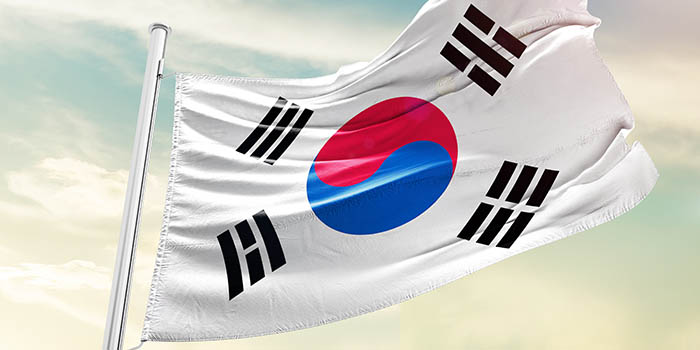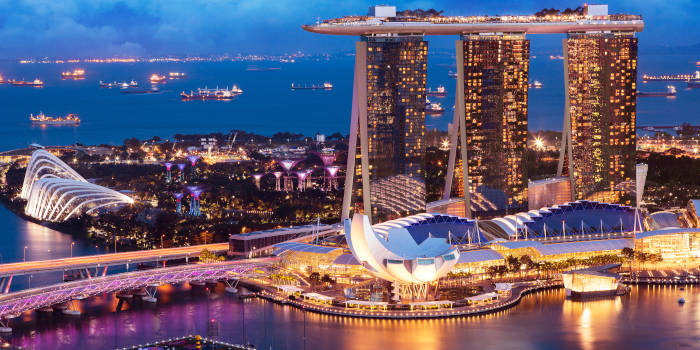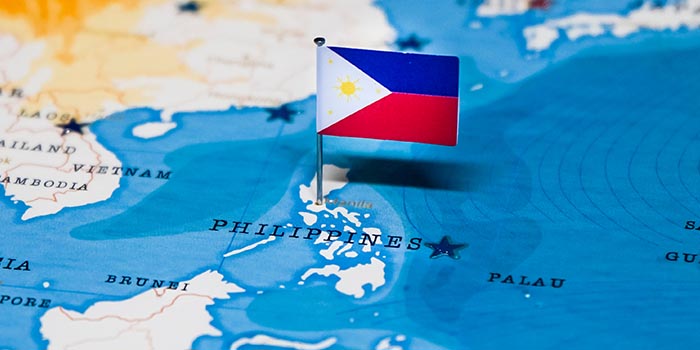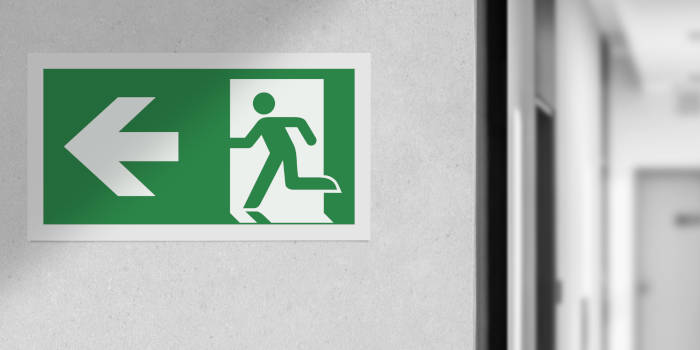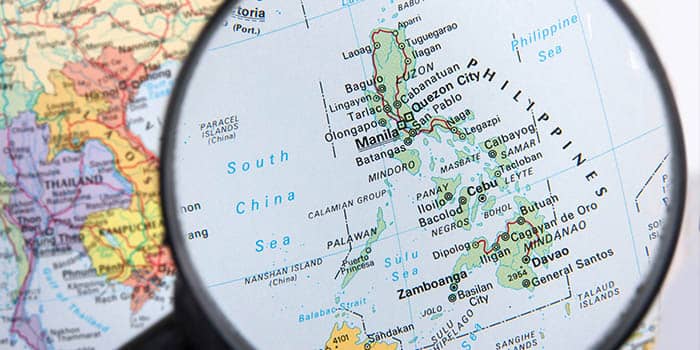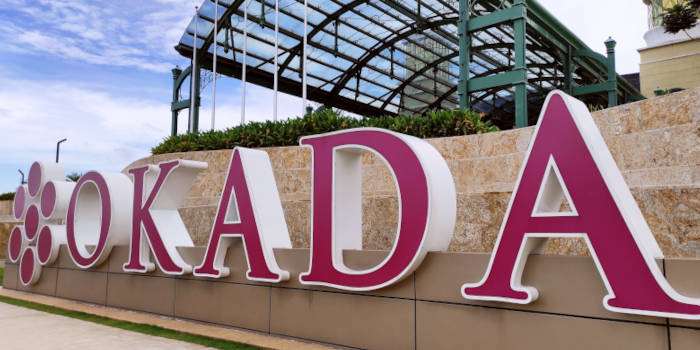Head of Macau’s Gambling Authority Given Two-year Extension

To say that Macau is going through a transitional phase would be an understatement. Historically supported by casinos, the city began exploring new endeavors to attract other tourism markets before the onset of COVID-19, which essentially decimated Macau’s gaming scene. The fallout from the global pandemic is going to undoubtedly bring more changes to the city at a pivotal moment, the same time it was set to usher in a new era of gaming regulations and, possibly, gaming operators. To help facilitate the transition, Macau’s Gaming Inspection and Coordination Bureau (DICJ) has decided that the smartest option would be to allow its current director, Adriano Marques retain his position for another two years.
An Important Time In Macau’s History
A lot is going on in Macau right now and the city needs as much consistency as possible. Marques took over as head of the DICJ in June of last year and the city’s government announced yesterday that it has extended his contract for another two years, effective as of June 10. Formerly an adviser to Macau’s Secretary for Security, Marques succeeded Paulo Martins Chan when the latter decided to return to his former career as a public prosecutor.
Marques brought a different mindset to the DICJ, founded upon his law degree and work with Macau’s Judiciary Police. He spent three years heading that organization’s gaming-related and economic crimes division after having spent around seven years as the head of the Macao Sub-Bureau of the China National Central Bureau of Interpol. This experience has given him significant insight into all facets of the good and bad of the gaming scene in Macau and is going to be very important through the upcoming transition.
Macau Set to Make Changes to Gaming Regime
There still have not been any clear indications regarding what’s in store for Macau’s gaming industry, but everyone knows changes are coming. The city is currently reviewing its gaming laws and is expected to introduce new regulations within four to five months. It’s believed that China could play a larger role in the crafting of the regulations, possibly even pushing a requirement that Macau’s casinos operate on a foundation of the country’s new digital currency, the e-yuan. While Macau officials previously denied any link to the e-yuan, it has been confirmed that the city, at least on a superficial level, has been discussing the digital currency.
Marques and his background will play a crucial role in the development of those regulations, but will also have another, bigger challenge on his hands. Macau has six licensed casino operators currently and all of the concessions expire next year. There is still no clarity on what happens next, but there has been talk that more concessions might be issued. Because the licenses cannot technically be renewed, there is also the possibility that Macau can exert serious pressure on current licensees in order to force them to alter their business structures, or risk losing their place.
The concessions expire in June of next year and some casino executives have complained that the time between the implementation of the new regulatory framework and the expiration is too short. They have been trying to push for a new license extension to be granted; however, the DICJ has been mostly silent on that topic, just as it has been on all aspects of the impending transition.
Erik brings his unique writing talents and storytelling flare to cover a wide range of gambling topics. He has written for a number of industry-related publications over the years, providing insight into the constantly evolving world of gaming. A huge sports fan, he especially enjoys football and anything related to sports gambling. Erik is particularly interested in seeing how sports gambling and online gaming are transforming the larger gaming ecosystem.

